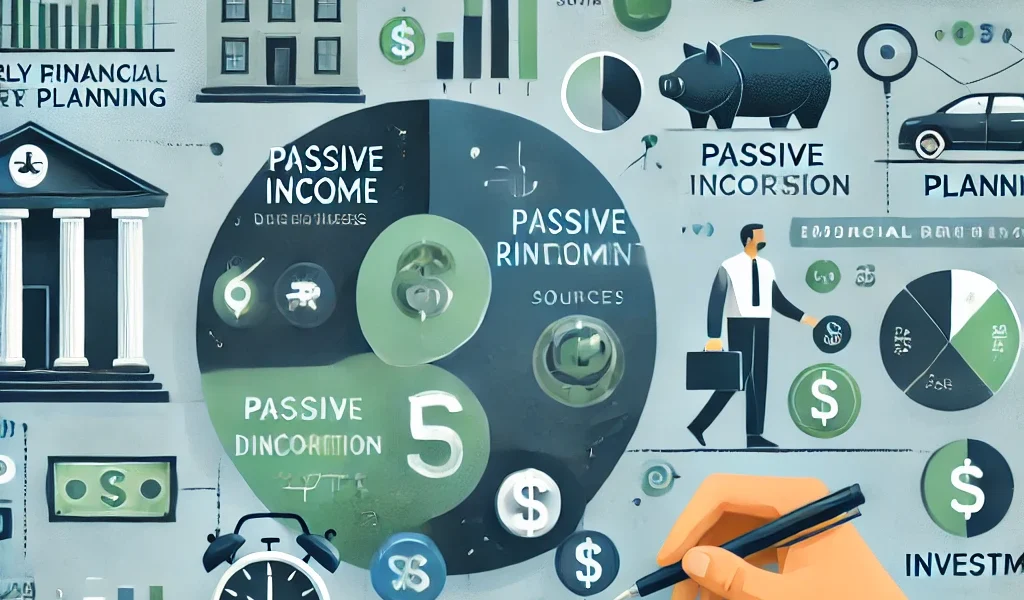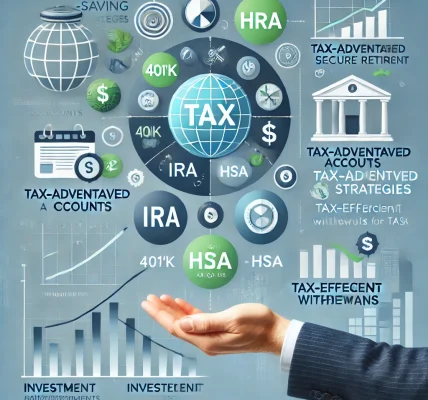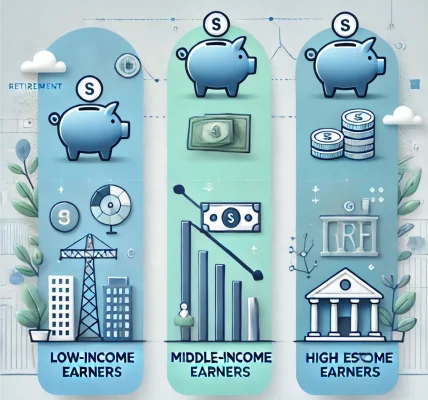Introduction
Early retirement is an appealing goal for many individuals who dream of financial independence and the freedom to enjoy life on their own terms. However, while the idea of retiring early is attractive, it comes with its own set of advantages and challenges. Proper planning and smart financial strategies are essential to ensure a secure and comfortable retirement. In this guide, we will explore the pros and cons of early retirement and provide the best strategies to achieve this financial milestone without unnecessary risks.
What is Early Retirement?
Early retirement generally refers to leaving the workforce before the traditional retirement age, typically 60 or 65. Some individuals aim for financial independence and retire as early as their 40s or 50s, depending on their savings, investments, and passive income sources.
Pros of Early Retirement
1. More Time for Personal Growth and Hobbies
- Allows you to pursue passions such as travel, sports, or art.
- Opportunity to learn new skills or take up entrepreneurship.
2. Better Work-Life Balance and Reduced Stress
- Escape from work-related stress and pressure.
- Focus on mental and physical well-being.
3. Health Benefits and Improved Lifestyle
- More time to exercise and maintain a healthy routine.
- Reduced work-related fatigue leads to a better quality of life.
4. Opportunity for Second Career or Volunteering
- Engage in meaningful work such as consulting or teaching.
- Volunteer for social causes and give back to the community.
5. More Time with Family and Loved Ones
- Strengthen relationships by spending more quality time.
- Participate in family activities and events without work restrictions.
Cons of Early Retirement
1. Financial Challenges and Longevity Risk
- Savings and investments must last longer.
- The risk of outliving financial resources increases.
2. Loss of Employer Benefits
- No access to company-provided health insurance.
- Loss of employer contributions to retirement funds.
3. Limited Social Security and Pension Benefits
- Early retirement may lead to lower pension payouts.
- Social security benefits are reduced if claimed before full retirement age.
4. Potential Lifestyle Adjustments
- Need for disciplined budgeting and expense management.
- Risk of boredom or lack of purpose without a structured routine.
Best Strategies for Early Retirement
1. Start Saving Early and Consistently
- Take advantage of compound interest by investing early.
- Automate savings to ensure consistent contributions.
2. Maximize Retirement Accounts and Tax-Advantaged Investments
- Contribute to 401(k), IRA, or Roth IRA accounts.
- Consider tax-efficient investments to grow savings faster.
3. Diversify Your Investment Portfolio
- Include a mix of stocks, bonds, real estate, and alternative assets.
- Maintain a balance between risk and stability.
4. Build Passive Income Streams
- Invest in rental properties, dividend stocks, or business ventures.
- Create a side hustle that generates residual income.
5. Control Expenses and Adopt a Minimalist Lifestyle
- Reduce unnecessary expenses to increase savings.
- Avoid lifestyle inflation and focus on long-term financial security.
6. Plan for Healthcare Costs
- Research private health insurance options.
- Set aside funds for medical emergencies and long-term care.
7. Prepare for Inflation and Market Fluctuations
- Invest in assets that hedge against inflation.
- Maintain an emergency fund to cover unexpected costs.
8. Test Your Retirement Plan with a Trial Period
- Try living on your estimated retirement budget before quitting work.
- Identify potential financial gaps and adjust accordingly.
Conclusion
Early retirement can be a rewarding decision if planned correctly. While it offers freedom and personal fulfillment, it also requires careful financial planning and disciplined investing. By implementing smart strategies, diversifying income sources, and managing expenses effectively, you can achieve a stress-free and secure retirement. Whether you choose to retire early or continue working part-time, having a well-thought-out plan will ensure financial stability and peace of mind.




